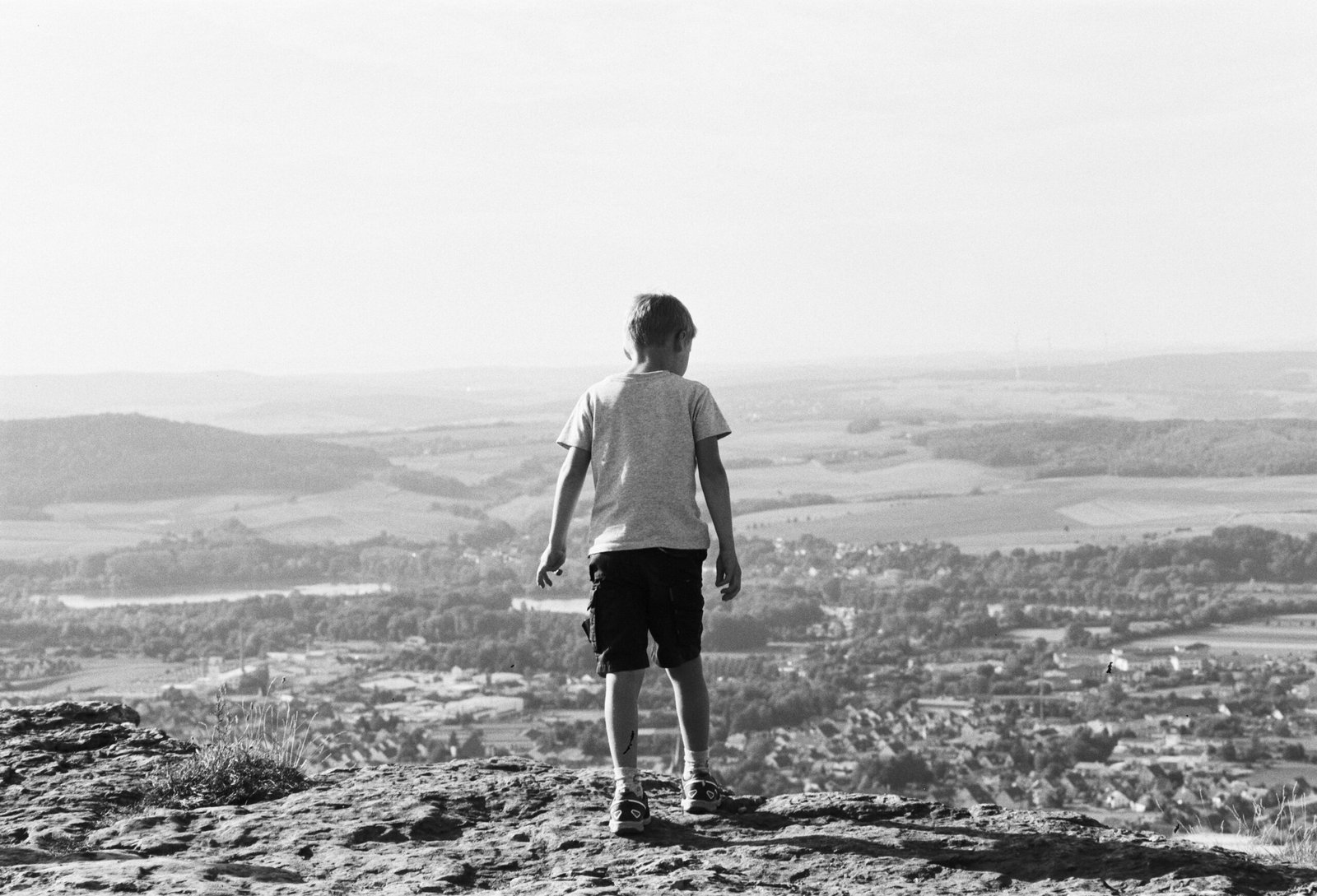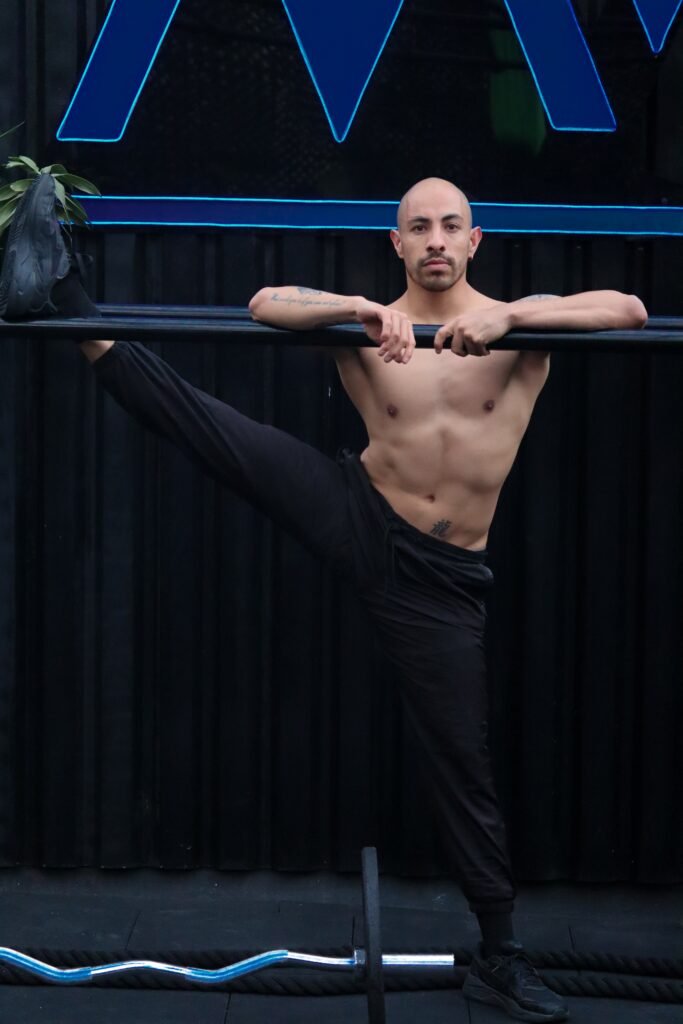Imagine stepping into a world where old meets new, where timeless elegance intertwines with modern flair. In the era of fast fashion and mass production, many are yearning for the charm and uniqueness that vintage style brings. From the intricate details of lace to the classic silhouettes of bygone eras, there’s a certain allure that captivates fashion enthusiasts worldwide. Join us as we embark on a journey to revive vintage style, rediscovering its timeless appeal and embracing its resurgence in today’s fashion landscape.
Find more products like these on Amazon!
Exploring Vintage Fashion
Understanding the History of Vintage Fashion
Vintage fashion is all about embracing the styles and trends of the past. It allows us to explore and appreciate the craftsmanship and unique designs that have stood the test of time. Understanding the history of vintage fashion is essential to truly appreciate its beauty and significance. From the elegant attire of the Victorian era to the bold and vibrant looks of the 1980s, each vintage era has its own distinct characteristics and influences.
Popular Vintage Eras
Vintage fashion is a treasure trove of various eras that have left an indelible mark on the world of fashion. Some of the most popular vintage eras include the glamorous and sophisticated styles of the 1920s, commonly referred to as the Roaring Twenties. The 1950s is also known for its feminine silhouettes, with the iconic full skirts and cinched waists. The 1960s brought in mod fashion, characterized by bright colors, bold patterns, and miniskirts. Lastly, the 1980s introduced us to power dressing, with shoulder pads, oversized blazers, and vibrant colors taking center stage.
Identifying Key Elements of Vintage Style
Vintage fashion is all about paying attention to the details. Key elements of vintage style include specific cuts, fabrics, colors, and patterns that define each era. For instance, the 1920s embraced dropped waistlines, art deco patterns, and luxurious fabrics like silk and velvet. The 1950s focused on hourglass silhouettes, petticoats, and polka dots. The 1960s saw the rise of bold prints, such as psychedelic patterns and floral motifs. The 1980s brought about a mix of bright neon colors, shoulder pads, and animal prints. Identifying these key elements is crucial in authenticating and recreating vintage looks.
Finding Vintage Clothing
Thrift Stores and Consignment Shops
One of the best ways to find vintage clothing is by exploring thrift stores and consignment shops. These hidden gems often have a wide selection of vintage pieces at affordable prices. Take your time and browse through the racks, as you never know what treasures await you. Don’t be afraid to try on different styles and sizes, as vintage clothing can vary in fit. With a little patience and perseverance, you might find a one-of-a-kind gem that complements your personal style.
Online Vintage Retailers
If you prefer the convenience of shopping from the comfort of your own home, online vintage retailers are a fantastic option. There are numerous platforms and websites that specialize in selling vintage clothing, allowing you to browse through a vast collection of curated pieces. Make sure to read customer reviews and check the measurements provided to ensure a proper fit. With online shopping, you have the advantage of a wider selection and the ability to search for specific items or eras.
Vintage Clothing Markets and Fairs
For a truly unique vintage shopping experience, consider visiting vintage clothing markets and fairs. These events bring together vendors and collectors from all over to showcase their best vintage finds. Not only can you find an extensive range of clothing, but you can also interact with fellow vintage enthusiasts, gaining insights and tips along the way. It’s a great opportunity to immerse yourself in the world of vintage fashion and discover hidden gems that may not be available elsewhere.
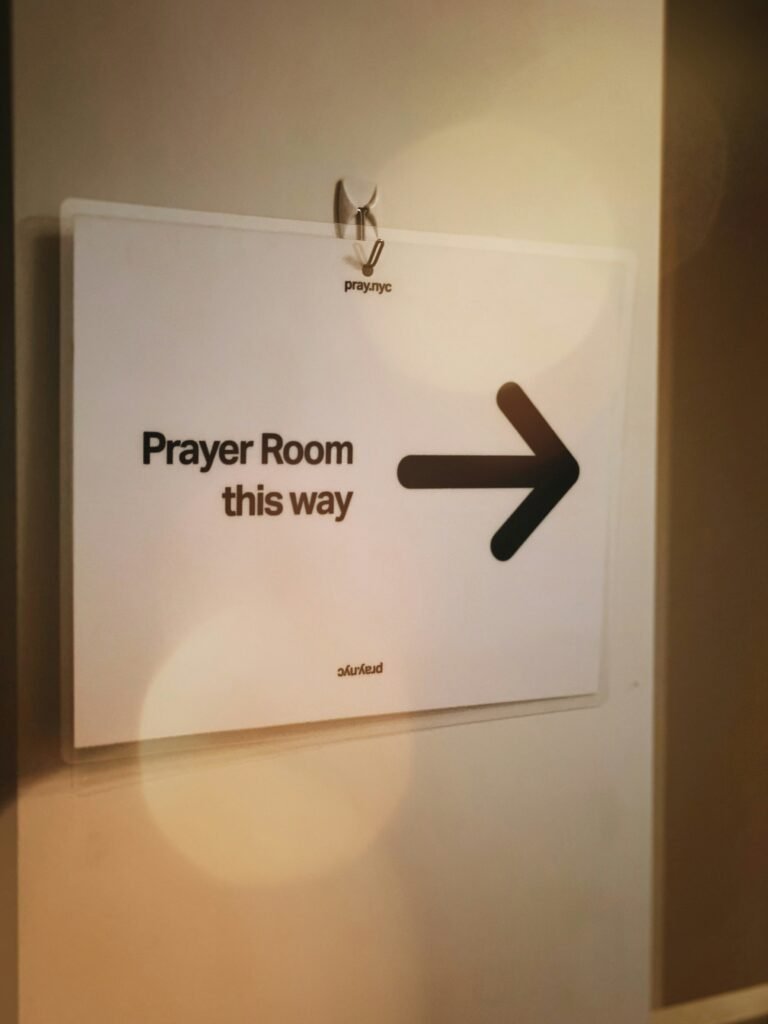
This image is property of images.unsplash.com.
Find more products like these on Amazon!
Creating a Vintage Wardrobe
Building the Basics
When building a vintage wardrobe, it’s essential to start with the basics. Invest in foundational pieces that can be mixed and matched with various vintage outfits. Classic items like a little black dress, a tailored blazer, and a pair of high-waisted trousers are versatile and timeless. These basics will provide a solid foundation to build upon and allow for effortless integration of vintage pieces into your everyday style.
Mixing Vintage with Contemporary Pieces
A great way to embrace vintage fashion without feeling like you’re in costume is to mix vintage pieces with contemporary ones. This creates a modern and eclectic look that showcases your individuality. Pair a vintage blouse with your favorite pair of jeans, or layer a vintage cardigan over a trendy dress. By combining vintage elements with current trends, you’ll create a unique style that is both nostalgic and fashion-forward.
Accessorizing with Vintage
Accessories play a crucial role in completing and elevating any outfit. When it comes to vintage fashion, accessories are the perfect way to add an authentic touch to your look. Look for vintage jewelry, such as statement necklaces, brooches, and earrings, that complement your outfit. Vintage scarves, handbags, and hats are also fantastic additions that can enhance the overall vintage vibe. Don’t be afraid to experiment and let your creativity shine through accessorizing with vintage pieces.
Reviving Vintage Hairstyles
Iconic Vintage Hairstyles
Vintage fashion isn’t just about the clothes; it also includes hairstyles that were popular during different eras. From the sleek and elegant finger waves of the 1920s to the voluminous and glamorous curls of the 1950s, vintage hairstyles can transport you back in time. Experiment with victory rolls, beehives, and bouffants to achieve iconic vintage looks. Embracing vintage hairstyles allows you to fully channel the spirit of a bygone era and adds an extra layer of authenticity to your overall vintage style.
Vintage Hair Accessories
Complete your vintage hairstyle with carefully chosen vintage-inspired hair accessories. Combs, headbands, and hairpins adorned with pearls, rhinestones, and feathers are reminiscent of the glamorous past. These accessories not only add a touch of elegance but also help to secure and enhance your vintage hairstyle. Consider incorporating fascinators, cloche hats, and decorative hair combs to elevate your vintage look to the next level.
Tutorials and Styling Tips
If you’re new to vintage hairstyles or need some inspiration, there are countless tutorials and styling tips available online. From step-by-step guides to video tutorials, these resources can help you achieve the perfect vintage look without the need for a professional hairstylist. Experiment with different techniques, practice, and have fun exploring various vintage hairstyles until you find the ones that suit your personal style.
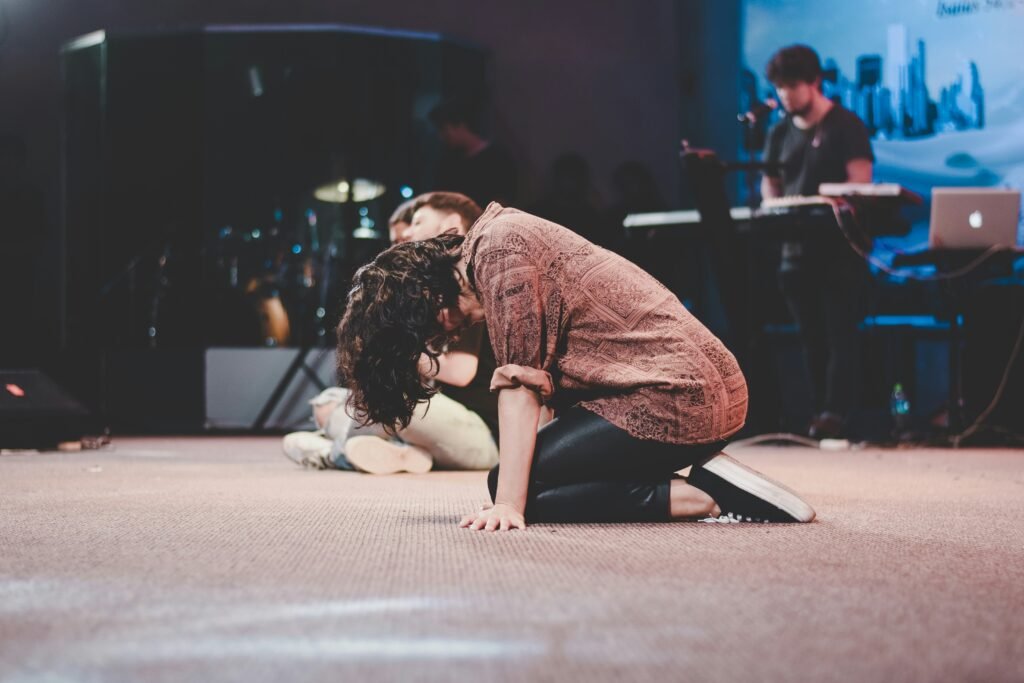
This image is property of images.unsplash.com.
Decorating with Vintage
Vintage Home Decor Styles
Bringing vintage style into your home is a fantastic way to create a unique and cozy ambiance. There are several vintage home decor styles to choose from, depending on your preferences. Mid-century modern embraces the sleek lines and minimalist aesthetic of the 1950s and 1960s. Shabby chic combines vintage elements with a distressed and weathered look, creating a romantic and feminine atmosphere. Victorian-style decor brings ornate furniture and intricate details into play, while bohemian vintage blends various eras and a mix of patterns and textures.
Furniture and Accessory Hunting
To infuse your home with vintage charm, hunt for furniture and accessories that embody the era or style you admire. Visit flea markets, antique stores, and vintage shops to find unique and authentic pieces. Look for vintage armchairs, dressers, and coffee tables that can become focal points in your home. Decorative accessories like vintage clocks, mirrors, and artwork can add a touch of nostalgia to your living space. Don’t be afraid to mix and match different styles and eras to create a curated and personalized vintage haven.
DIY Vintage-inspired Projects
If you’re feeling creative and want to incorporate a personal touch into your vintage home decor, consider DIY vintage-inspired projects. Repurpose thrifted items or give old furniture a fresh coat of paint to breathe new life into them. Create vintage-inspired artwork by using old photographs or illustrations and framing them with vintage-style frames. Revamp old mason jars or vases by adding lace, ribbons, or fabric to give them a vintage look. DIY projects allow you to embrace your creativity while adding a touch of nostalgia to your home.
Embracing Vintage Makeup
Classic Vintage Makeup Looks
Vintage fashion is incomplete without the perfect makeup to match. Classic vintage makeup looks are characterized by specific styles that were popular during different eras. The 1920s embraced dramatically dark and smoky eyes, along with defined cupid’s bow lips. The 1950s saw the rise of the glamorous pin-up look, with winged eyeliner and bold red lips. The 1960s brought about the mod makeup trend, featuring graphic eyeliner and statement lashes. Embrace these classic vintage makeup looks and experiment with the techniques and products reminiscent of each era.
Vintage-inspired Makeup Brands
To achieve an authentic vintage makeup look, there are several vintage-inspired makeup brands available. These brands focus on creating products that evoke the glamour and nostalgia of the past. From vintage-style packaging to product formulations that replicate the textures and finishes of classic makeup, these brands allow you to recreate the essence of vintage beauty. Look for brands that offer retro-inspired lipsticks, eyeshadows, and blushes to add a touch of vintage to your makeup collection.
Tips for Achieving a Retro Makeup Look
Achieving a retro makeup look requires attention to detail and practice. Start by researching the iconic makeup looks of the era you wish to emulate. Study tutorials, practice different techniques, and experiment with the right shades and products. Consistency is key, so be patient with yourself and allow yourself room for experimentation and growth. Remember, vintage makeup is a form of self-expression, so have fun and allow your creativity to shine through in achieving the retro look you desire.
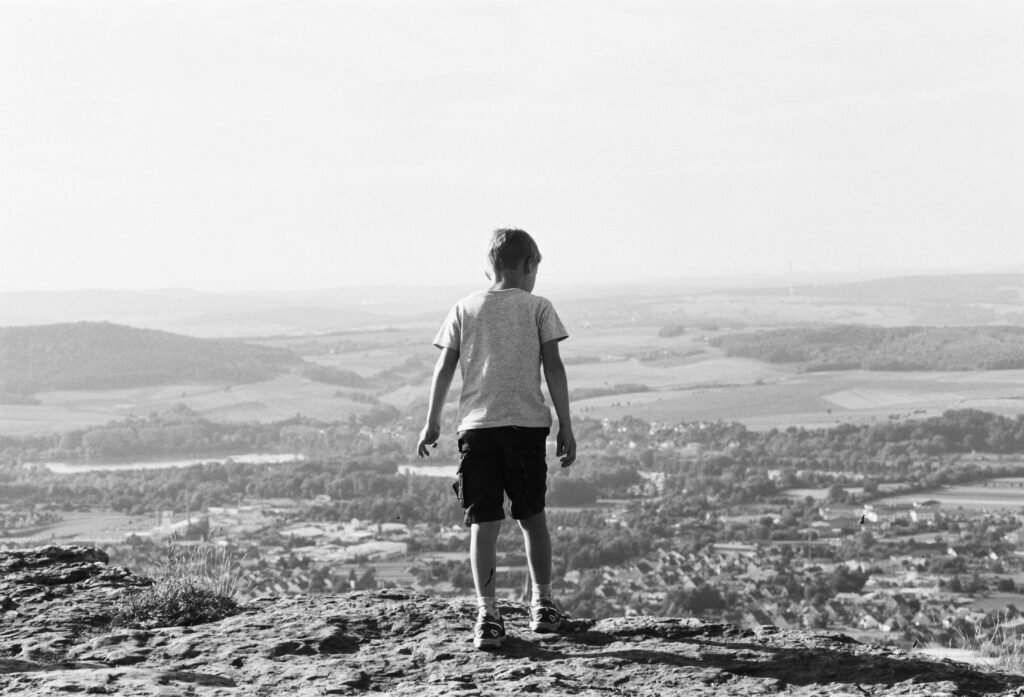
This image is property of images.unsplash.com.
Vintage-inspired Photography
Understanding the Aesthetics
Vintage-inspired photography aims to capture the essence and aesthetics of past eras. Understanding the specific aesthetics of each era is crucial in creating authentic vintage-inspired photographs. Research the lighting techniques, composition styles, and color palettes commonly used during different periods. From the soft pastels of the 1950s to the high contrast black and white images of the 1920s, each era has its own distinct visual characteristics that contribute to the vintage charm.
Choosing the Right Props and Locations
To truly capture the vintage essence in your photographs, pay attention to the props and locations you choose. Look for vintage items such as typewriters, record players, vintage cameras, or old telephones that can add an authentic touch. When selecting locations, consider sites that reflect the era you are trying to evoke. Vintage cafes, retro diners, and nostalgic settings can transport your photographs back in time and create a sense of nostalgia.
Post-Processing Techniques
Post-processing plays a significant role in enhancing the vintage aesthetics of your photographs. Experiment with different editing techniques to achieve the desired vintage look. Adding film grain, adjusting the saturation levels to mimic aged prints, and using vintage-style filters can contribute to the overall vintage vibe. Each era has its own post-processing style, so consider learning specific techniques that correspond with the era you are aiming to recreate.
Collecting Vintage Items
Vintage Toys and Memorabilia
Collecting vintage toys and memorabilia is a wonderful way to preserve nostalgic memories and embrace the vintage spirit. Explore flea markets, antique stores, and online platforms dedicated to selling vintage items. Look for classic toys, board games, and memorabilia from your favorite childhood era. Vintage collector’s items often hold sentimental value and can serve as a delightful reminder of the past. Display them in your home or create a dedicated space to showcase your vintage toy and memorabilia collection.
Vintage Books and Magazines
Vintage books and magazines not only offer a glimpse into the past but also serve as valuable collectibles. Search for first editions or limited prints of classic novels and literature pieces. Vintage magazines provide insight into the fashion, culture, and trends of specific eras. Whether it’s a vintage Vogue magazine or a timeless literary masterpiece, collecting vintage books and magazines can transport you back in time and provide hours of enjoyment and nostalgia.
Tips for Smart Vintage Collecting
When collecting vintage items, it’s important to approach it with some tips in mind. First and foremost, educate yourself about different eras, their styles, and how to authenticate vintage pieces. Research the market value of items you’re interested in to ensure you’re paying a fair price. Take care of your vintage items by storing them properly and avoiding exposure to damaging elements. Lastly, don’t forget that collecting vintage is about personal enjoyment and passion, so collect pieces that resonate with you and bring you joy.
Restoring and Repairing Vintage
Caring for Vintage Clothing
Vintage clothing often requires special care to preserve its quality and authenticity. Follow these tips to ensure you properly care for your vintage clothing:
-
Read the care instructions: Always check the garment’s care label and follow the recommended cleaning instructions.
-
Hand-washing: When in doubt, hand-washing is the safest method for delicate vintage garments. Use gentle detergents and cold water, and avoid harsh scrubbing or wringing.
-
Stain removal: Treat stains as soon as possible to avoid permanent damage. Research stain removal methods specific to the fabric type of your vintage garment.
-
Proper storage: Store vintage clothing in a cool, dry place away from direct sunlight. Use acid-free tissue paper to stuff garments and prevent creases.
-
Professional help: If you’re unsure about cleaning or restoring a valuable vintage piece, it’s best to seek professional help from a trusted cleaner or restorer.
Restoring Vintage Furniture
Restoring vintage furniture requires careful consideration and expertise. Here are some tips to guide you:
-
Assess the condition: Evaluate the overall condition of the furniture and identify any areas that require repair or restoration.
-
Cleaning: Start by cleaning the piece using gentle cleaners appropriate for the material. Avoid using abrasive cleaners that could damage the finish.
-
Repairing damages: Address any structural issues, such as loose joints or broken components, by using wood glue, clamps, or appropriate restoration techniques.
-
Refinishing: If the furniture’s finish is damaged or worn, consider refinishing it to restore its original beauty. Research appropriate techniques and products for different types of finishes.
-
Professional assistance: For valuable or intricate pieces, it’s advisable to consult a professional furniture restorer who can provide expert advice and services.
Repairing Vintage Electronics
Vintage electronics, such as record players or radios, require skillful repair and maintenance. Here’s what you need to keep in mind:
-
Research: Familiarize yourself with the vintage electronics you own and the common issues associated with them. Online forums and vintage electronics communities can be excellent resources.
-
Safety precautions: Vintage electronics can pose electrical hazards, so ensure you unplug any devices and handle them with caution. If you’re unsure, seek professional help.
-
Troubleshooting: Analyze any problems you encounter and troubleshoot accordingly. Learn about common repairs like tube replacements, belt changes, or wiring fixes.
-
Parts and resources: Locate reliable sources for replacement parts and seek guidance from vintage electronics enthusiasts or professionals who specialize in repairing such items.
-
Professional repairs: For valuable or rare electronics, or in cases where you lack the necessary experience, it’s best to consult a professional repair technician to ensure proper handling.
Preserving Vintage Memories
Digitizing Vintage Photos
Preserving vintage photos in digital format allows you to safeguard them from deterioration and share them more easily. Here’s how you can start digitizing your vintage photos:
-
Gather the photos: Collect all the vintage photos you wish to digitize and organize them in chronological order or by event.
-
Choose a scanning method: Decide on the scanning method that suits your needs. Flatbed scanners offer higher resolution, while smartphone scanning apps provide convenience.
-
Scan with care: Clean the scanner or smartphone lens to ensure a clear scan. Handle the photos gently and place them carefully on the scanning surface to avoid damaging them.
-
Adjust settings: Adjust the scanning resolution, color correction, and file format according to your preference. High-resolution TIFF or RAW files are ideal for preserving quality.
-
Backup and store: Create multiple backups of your digitized photos and store them on different devices or online cloud storage platforms. This ensures their preservation and accessibility.
Creating Scrapbooks and Memory Albums
Scrapbooks and memory albums are a beautiful way to showcase and preserve vintage memories. Follow these steps to create your own:
-
Gather materials: Collect acid-free scrapbooking paper, archival-quality adhesive, vintage-themed embellishments, and any memorabilia you want to incorporate.
-
Organize and plan: Arrange photos and memorabilia in a cohesive and meaningful way. Consider using chronological or thematic layouts to tell a story.
-
Design and decorate: Let your creativity shine as you design each page. Use vintage-inspired embellishments, meaningful quotes, and handwritten notes to add a personal touch.
-
Secure and protect: Adhere photos and memorabilia using acid-free adhesive to prevent any damage over time. Consider adding protective page sleeves to shield the pages from dust or handling.
-
Display and share: Once your scrapbook or memory album is complete, proudly display it on a shelf or coffee table. Share the memories with loved ones, providing them with a glimpse into the past.
Sharing and Documenting Family Stories
Preserving vintage memories is not only about the photographs; it’s also about the stories behind them. Here’s how you can share and document family stories:
-
Interview family members: Sit down with older family members and interview them about their memories and experiences. Ask open-ended questions to encourage storytelling.
-
Record audio or video: Use recording devices to capture the interviews, ensuring you create an accurate account of the stories shared.
-
Transcribe and organize: Transcribe the interviews and organize them by theme or family member. Create a digital or physical archive for easy access and future generations.
-
Share with the family: Consider hosting family gatherings where you can share the recorded interviews and family stories. This encourages conversation and allows everyone to appreciate and learn from the narratives.
-
Preserve for future generations: Store the recorded interviews and transcriptions in a secured location, such as a cloud-based storage system or a protected external hard drive. Ensure future generations can access and cherish the stories shared.
Vintage fashion, whether through clothing, hairstyles, or home decor, allows us to connect with the past and appreciate the timeless beauty of bygone eras. By understanding the history, finding unique vintage pieces, and preserving memories, we can embrace our individuality and infuse our lives with the charm and nostalgia that vintage style provides. So, go on and explore the world of vintage, creating your own unique blend of the past and present.
